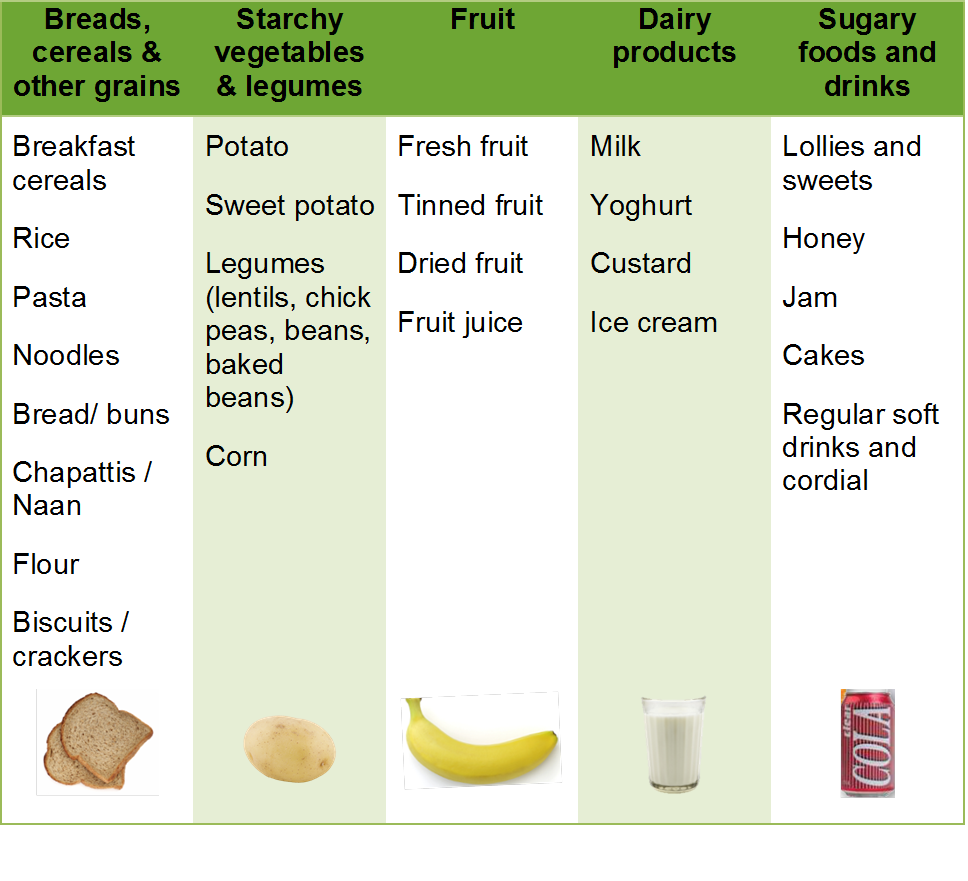
Heart disease prevention is best achieved by eating a healthy diet and engaging in regular exercise. Many women don't make heart care a priority on their to-do lists. But it is a big mistake to think that taking pills will stop the progression of heart disease. Research shows that lifestyle changes can help reduce your risk of getting heart disease by up 80 percent. These are ways to improve heart health and prevent heart diseases.
Recognize your risk factors and take steps to reduce them. Your risk of developing heart diseases is directly related to your gender, age and genetics. It is important for women to be aware that they may develop different types and severity of heart disease. There are many lifestyle choices that you can make in order to decrease your risk of developing coronary disease. But how do you choose which one is right for your needs?

A heart healthy diet is a good place to start. Consume plant-based and lean proteins. Whole grains can also be consumed. This will keep your heart healthy and help lower your risk of developing heart disease. Healthy eating habits are important for maintaining blood pressure and preventing strokes. It is important to make small adjustments to your daily routine. Several small changes can go a long way in promoting your heart's health and lowering your risk of developing heart disease.
Taking measures to prevent cardiovascular disease can help you stay healthy and lower your risk of a heart attack. Heart attacks can be prevented by changing your diet, weight and exercise habits. Improve your lifestyle to lower your chance of developing cardiovascular diseases. You should improve your exercise and diet to keep in shape. Doing so will lower your chance of getting the condition. By adopting healthy lifestyles, you can improve your overall health.
It is important to exercise regularly and eat a healthy diet. Healthy lifestyles can help lower your risk of developing heart disease. Cardiovascular disease can be prevented by getting enough exercise. It is important to be active. If you do not exercise, do some exercises instead. The best way to do this is to start a new hobby or exercise. This can help you stay in shape and decrease the chance of developing heart disease.

You should have your risk factors checked for cardiovascular disease. A blood test to measure your body mass, waist circumference, and weight can help. To ensure that your blood pressure does not fall below the normal range, you should have your cholesterol levels checked. Avoid smoking and avoid excessive alcohol consumption. Living a healthy lifestyle will help keep you healthier. When you reduce these risk factors, you will have less time to develop heart problems.
FAQ
Do I have the obligation to exercise every day or just on occasion?
No! Get at least 30 minutes of moderate-intensity physical activity 5 days a week. It means you need to exercise hard enough or walk fast enough that you are slightly out-of- breath.
Is cardio exercise good for your health or bad?
Cardiovascular exercise is a great way to improve your cardiovascular health. It improves blood circulation, strengthens heart muscle, gives you energy, and can even help you lose weight.
Cardiovascular exercise includes running, biking, hiking, swimming, tennis, basketball, soccer, volleyball, football, etc.
It is important that cardio exercises are not performed at high intensities. This could cause injury.
You should only perform the cardiovascular exercise if you are feeling well.
You should never push yourself beyond your limits. This could lead to injury.
It is important to warm up before you begin any cardiovascular exercise. You can then gradually increase your intensity.
Listen to your body. If you feel pain during cardiovascular exercise, stop immediately.
After a cardiovascular training session, it is recommended that you take some time to relax. This will give your muscles time for recovery.
Cardiovascular exercise is an important part of losing weight.
It is the most effective way to burn calories and reduce belly fat.
Is Egg good for man?
The egg has all the nutrients the body requires. It supports strong bones, healthy heart, lungs, and stable blood sugar.
Eggs are rich in protein, vitamin A, B12 and D,E,K, as well as vitamins A,B12 and D,E,K, calcium, iron, phosphorus, manganese, copper, magnesium, and riboflavin.
The egg yolk has high cholesterol. However, it does not contain saturated fat. Eggs are low in saturated fat compared to other foods.
They are also low calories and sodium. Because they can be cooked in almost any way that you wish, they are versatile. They can be poached or scrambled, baked, hard-boiled, or fried.
They are extremely nutritious and simple to prepare.
Aim to eat two whole eggs per week. If you dislike eating eggs, you should add them to your diet.
Our bodies need eggs to provide the essential nutrients they require. Add eggs to your diet today.
How often should you exercise per week?
It all depends on your time and the type of exercise that you enjoy. It's a good idea to do moderate-intensity aerobic exercises 3 - 5 times per week. Don't go overboard. It is crucial to exercise regularly in order to reap the full benefits of your workouts.
Which exercises are best for me?
It all depends upon your fitness goals. Some people prefer endurance sports like swimming, cycling, or running. Others love lifting weights or using resistance bars. There are many options for exercise today. Choose an option that suits your lifestyle.
What does butter do for men?
Butter is one source of saturated fats. This type is beneficial for healthy skin and hair as well as stronger bones.
Butter also contains vitaminK, which prevents bleeding after cuts and bruises. Vitamin K and vitamin B work together to prevent any bruising.
Butter is also rich in minerals, including calcium, phosphorous, and potassium. These elements promote stronger bones and teeth.
Butter does have some drawbacks. Butter contains high amounts of cholesterol. Research has shown that high levels of cholesterol could increase your chances of developing cardiovascular disease.
Also, butter is high in saturated fat, contributing to obesity and increased cholesterol levels.
However, if you must have butter, try spreading it on bread rather than dipping it into soup or salad. Bread absorbs oil more than pasta or potatoes.
How many calories should I eat daily?
This will vary from person-to-person. On average, 2000 to 2500 calories are consumed per day. It's important to assess your life style, gender, age and height in order to determine how much calories you need.
Statistics
- Candidates and applicants must pass all four tests at 70% (minimum level) to graduate from Basic Deputy U.S. Marshal (BDUSM) Training. (usmarshals.gov)
- An estimated calorie range for moderately active adult males falls between 2,200 to 2,800 calories per day, depending on age. (eatright.org)
- 10 pounds in a month is likely during a lean bulking phase, especially for beginners. (muscleandstrength.com)
- According to the American Heart Association, blood pressure should be checked at least once every two years, beginning at age 20. (my.clevelandclinic.org)
- The PRS enabled risk stratification for overall prostate cancer and lethal disease with a four-fold difference between men in the highest and lowest quartiles (HR, 4.32; 95% confidence interval [CI], 3.16-5.89). (pubmed.ncbi.nlm.nih.gov)
External Links
How To
How do I lose weight while working out?
Exercise burns calories by increasing metabolism and oxygen consumption.
Exercise at a moderate intensity to safely lose weight.
These are some tips to help you lose fat while working out:
-
Cardio exercises like walking, running (or jogging), swimming, cycling, running, and/or elliptical training are all good options.
-
For 30 minutes, do it three times a week.
-
Strength training is a great way to lose weight.
-
Avoid intense training. You can build muscle without having to lose muscle tissue.
-
During exercise, drink plenty of water. Water helps to flush out toxins from the body and maintains proper hydration.
-
After working out, make sure to drink low-fat proteins shakes. Protein shakes are great for your muscles and energy.
-
Take smaller meals throughout each day to avoid feeling hungry.
-
Don't skip breakfast! Skipping breakfast can cause you to feel tired and sluggish.
-
Take care of your mental health. Stressful situations can slow down metabolism.
-
Keep a positive attitude. Research shows that overweight people gain more weight if they believe they are overweight than those who believe they look good.
-
Get enough sleep. You will have a harder time losing weight if you do not get enough sleep.
-
Stay active. Keep moving every hour.
-
Maintain a healthy diet. Eating right keeps you feeling full and satisfied longer.
-
Find relaxation techniques. A tense mind doesn't allow your body to release stress hormones that break down muscle tissue.
A balanced diet will provide all nutrients that are necessary for growth.
Consider eating six small meals daily instead of three big ones. This gives your body time and energy to process the food.
For strong bones to be maintained, you need approximately 500mg of calcium per day. Calcium can be found in dairy products such as yogurt, fortified soybean beverages, orange juice, cereals, bread, and cereals.
Calcium is found in green leafy vegetables, beans, tofu, seeds, nuts, and cheese.
Vitamin D is required by the body to absorb calcium. It's found in fatty fish, egg yolk, and some fortified foods.
Vitamin E is crucial for skin health. It's found in vegetable oils, wheat germ oil, peanuts, almonds, sunflower seeds, and corn.
Your body needs zinc for normal immunity function and wound healing. Zinc can be found in seafood, legumes and meats.
Zinc deficiency could cause fatigue, nausea, vomiting, and depression.
Sugar intake can lead to insulin resistance which causes blood glucose levels to rise. Insulin resistance causes weight gain.
Insulin resistance develops when there are high levels of free radicals in the bloodstream. Free radicals refer to molecules that contain unpaired electrons. They can damage cell membranes and other body parts.
Food additives, pesticides and herbicides, as well as preservatives, smoking and radiation are all sources of free radicals.
Free radical damage may lead to cancer, heart disease diabetes, arthritis, asthma and other conditions.
Eating a well-balanced diet with antioxidants is the best way to prevent free radical damage. Antioxidants protect against oxidative damage.
Vitamin C, beta carotene (found within citrus fruits, carrots, sweet potatoes and spinach), Vitamin E (found inside nuts, olive oils, avocados and eggs), and Vitamin C (found among mangoes.
Selenium, copper and manganese are all antioxidant nutrients.
Selenium is known to protect cells from the oxidative damage that free radicals can cause. Selenium can be found in Brazil nuts and liver, kidneys, liver, kidneys, shrimp, cod, turkey and lamb as well as chicken.
Copper protects the eyes, brain, lungs, liver, and red blood cells. Copper is found in shellfish, poultry, meat, and organ meats.
Manganese is essential for bone structure. Manganese can be found in brown rice and spinach as well as bananas, prunes raisins, oatmeal, lentils, and oatmeal.
Zinc is necessary for average growth, reproduction, and wound healing. Zn can also be found in white fish, lean cuts of meat, poultry, and eggs.